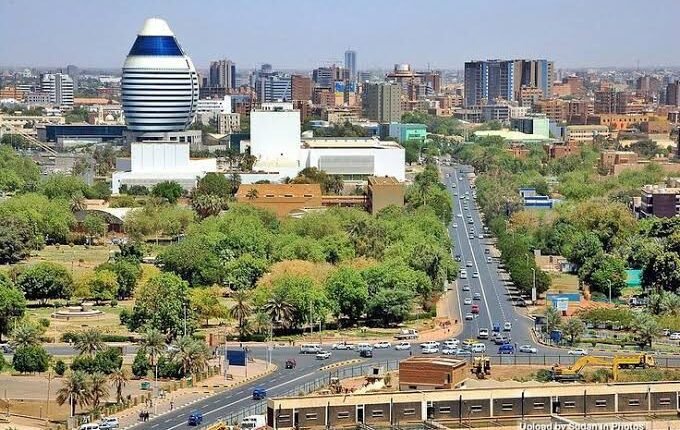Poll: 92% of Sudanese Support Government Return to Khartoum

Omdurman Sudanhorizon
A large-scale poll conducted among Sudanese nationals and expatriates has revealed that 92% of Sudanese people are with the idea of the return of the federal government, its ministries and national institutions returning to Khartoum, following its liberation from the filth of the rebel Rapid Support Forces militia.
The outcome of the polls confirms the strong desire to restore exercising the state’s symbolism from within the national capital.
The poll, conducted by the Arab Experts Centre for Media Services and Public Opinion Studies and obtained by Sudanhorizon news website, showed that 59% of participants accused some “political forces” of obstructing the return of the executive branch for political reasons, while over 55% believed that the continued presence of the federal government in Port Sudan weakens the state’s prestige.
Regarding the most prominent obstacles to civilians return, the overwhelming majority of respondents (86.6%) indicated that the lack of basic services comes first, surpassing the lack of security, cited by only 51.5%. Meanwhile, 28.5% considered the widespread destruction of facilities to be a real obstacle, 18.6% feared a resumption of fighting from inside the capital, and 7.7% cited ‘’other reasons’’.
The result of the polls confirms that respondents believe the battle for return is not solely a security-related one, but primarily a service-related one. The results indicated that regarding the financial resources sufficient to rebuild the capital, Khartoum, 44.6% believed that the state possesses a portion of them and needs foreign assistance. 35.3% said they are insufficient, while only 9.5% said they are available, and 10.6% did not know. These results reveal that funding is a crucial component of the reconstruction battle, and that the state will not succeed alone without internal and external support.
Regarding the Khartoum State government and its financial capacity to restore services and undertake various reforms and reconstruction, 46.6% of participants considered it to possess part of the resources and required support, 33.6% said it required full support, only 11.1% said it was sufficient, and 8.7% did not know. These indicators demonstrate that return requires strong management and careful planning, not just central decisions.
As for the role of the media, 43.4% described it as positive in encouraging return, while 31.7% viewed it as negative, 13% considered it neutral, and 11.9% do not follow the media at all. These figures reflect a divided public opinion regarding the role of the media.
The survey results revealed an active role of rumours, with 64.3% saying that political or media entities are spreading them to obstruct the return, 19% saying “maybe,” 8.5% denying it, and 8.2% saying they do not know. This reveals a parallel battle taking place behind the big and small screens, requiring a more aware and professional advocacy.
Shortlink: https://sudanhorizon.com/?p=6503

